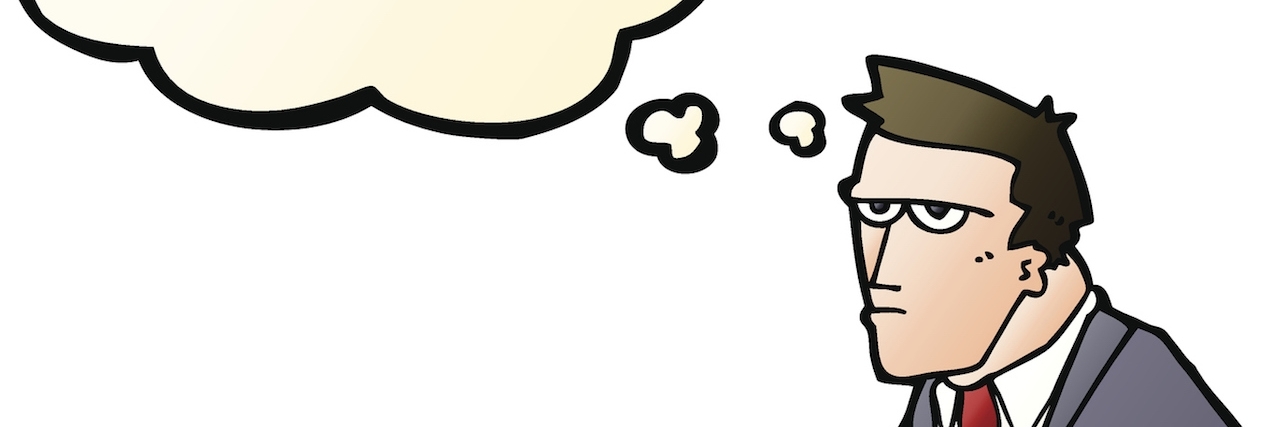The first time I heard someone describe another person as “bipolar,” it was in regards to my 3-month-old colicky baby girl. It’s true that one moment she would be happy and smiley and the next she would be crying and screaming in pain. A neighbor noticed this about her and one day posed the question, “Is she bipolar or something?”
• What is Bipolar disorder?
Obviously I said no and explained her colic, but the fact they asked me that question really bothered me and continued to bother me, especially after someone else made a similar comment. I was talking with a good friend about his pregnant wife, and he described her hormonal mood changes as “being bipolar.” After hearing my illness be used as an adjective for the second time, I decided in the future, I would put my foot down.
Bipolar disorder can be a devastating mood disorder. It can cause mood swings, sleep issues and relationship problems and is in no way black and white. Bipolar disorder is not just feeling happy or sad, mad or pleased. It is a series and swamp of various moods and emotions that can change quickly and without any warning to the person suffering from it. People throw the word bipolar around as if it is black and white and as if regular mood changes somehow compare to the unbalanced moods of bipolar disorder. Your wife being mad at you or a baby crying are definitely not anywhere near the magnitude of what kinds of emotions a person with bipolar disorder can experiences.
It offends me when someone uses my illness as an insult toward someone else or as an adjective to describe someone’s actions. Bipolar disorder affects me and those around me every day. It should not be taken lightly, and the word “bipolar” should not be used in any other way than medically.
Unfortunately, a great number of people don’t know the true definition or affect of bipolar disorder; they only know the stigma attached to it. People hear “bipolar” and they immediately think “crazy” (that’s another word improperly used as an insult and description of emotions). People who have bipolar disorder are not crazy, and people acting unreasonably are not bipolar. People with bipolar disorder can be described as so many things: impossibly strong, possibly hurt and definitely fearless. The same sort of descriptions should be used when someone without a mental illness is having a hard time. Maybe they are unreasonably angry, surprisingly happy or definitely hurting. No one should deem a person bipolar unless that person has the illness.
I am bipolar. I am not crazy, and I am not OK with my illness being used as an insult or adjective. I want society to know the hard truth about bipolar disorder and understand how hurtful it can be to hear that truth being skewed. I want the world to realize being bipolar is not a bad or shameful thing and that it shouldn’t be used to describe bad or shameful actions. Bipolar disorder is an illness that affects me and many people like me. We are real people with a real illness. And we are not an adjective.

